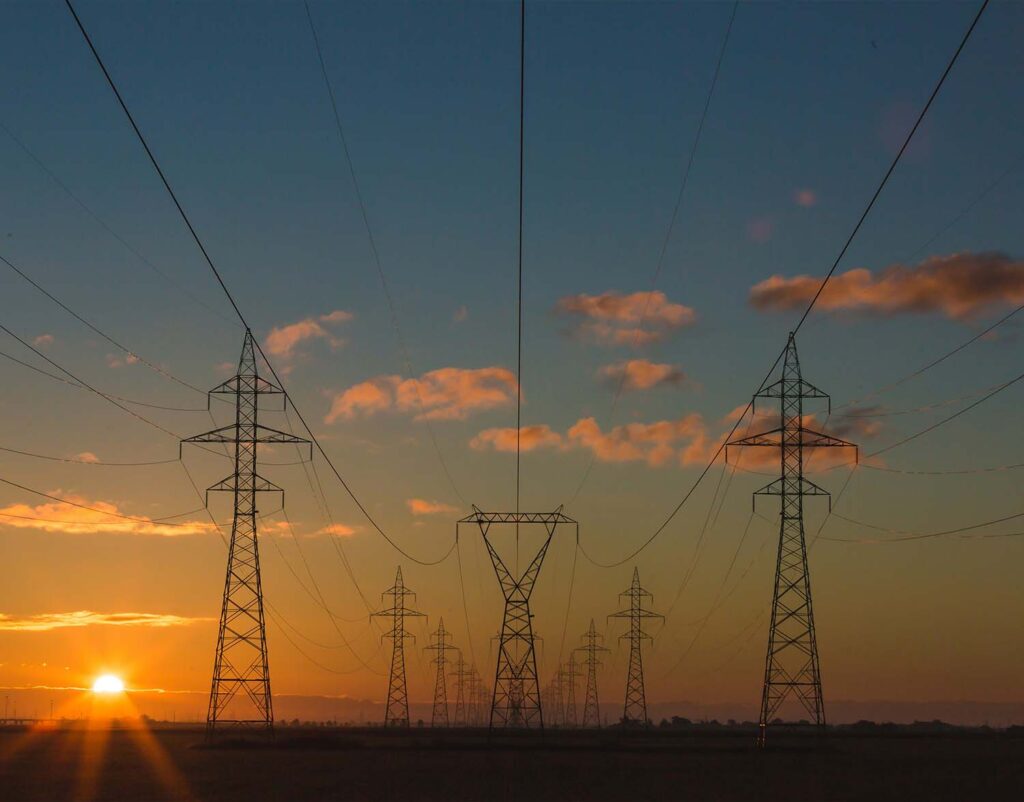In today’s rapidly developing world, energy has become an essential part of our daily lives. From the moment we wake up and switch on the lights to the time we go to bed charging our electronic devices, we rely heavily on energy. However, with increasing demand and limited natural resources, energy conservation has become more important than ever. It is not just an environmental responsibility but also a necessity for ensuring a sustainable future.
Energy conservation refers to the practice of using energy efficiently and reducing unnecessary consumption. It aims to minimize the strain on the planet’s natural resources like coal, oil, and natural gas, which are finite and cause environmental pollution when used excessively. Conserving energy helps to reduce greenhouse gas emissions, slow down global warming, and maintain ecological balance. It is a collective effort that involves individuals, communities, industries, and governments working together to adopt responsible habits and technologies.
One of the simplest and most effective ways to conserve energy starts at home. Turning off lights and electrical appliances when not in use, using energy-efficient LED bulbs instead of incandescent ones, and opting for energy-star-rated appliances can make a significant difference. Proper insulation in homes can also reduce the need for excessive heating or cooling, leading to lower energy bills and reduced environmental impact. Small actions, when multiplied by millions of households, can lead to large-scale positive results.

Transportation is another major area where energy conservation plays a crucial role. Vehicles powered by fossil fuels contribute heavily to air pollution and carbon emissions. Choosing public transport, carpooling, cycling, or walking for short distances can help save fuel and reduce pollution. The use of electric or hybrid vehicles is also a growing trend that supports cleaner energy alternatives. Governments across the world are encouraging renewable energy sources such as solar, wind, and hydroelectric power to replace traditional energy production methods.
Industries and businesses can also contribute to energy conservation by adopting modern technologies and sustainable practices. Using automated systems to monitor energy use, recycling waste heat, and switching to renewable energy sources are effective strategies. Moreover, educating employees and encouraging a culture of energy responsibility can make a lasting impact.
On a larger scale, energy conservation policies and awareness campaigns are essential to promote responsible usage. Schools and organizations should conduct programs that educate people about the importance of saving energy and the simple steps that can make a difference. When citizens understand that every small effort counts, the overall energy demand of a nation can significantly decrease.
Ultimately, energy conservation is not about giving up comfort but about making smarter choices. It ensures that future generations inherit a planet capable of meeting their needs. By reducing energy waste today, we secure cleaner air, a stable climate, and a sustainable world tomorrow. Every step, whether small or large, contributes to a greater cause — protecting the Earth’s energy resources for the well-being of all.
In conclusion, conserving energy is everyone’s responsibility. Through awareness, technology, and conscious effort, we can move toward a future that is energy-efficient, environmentally friendly, and economically sustainable.












